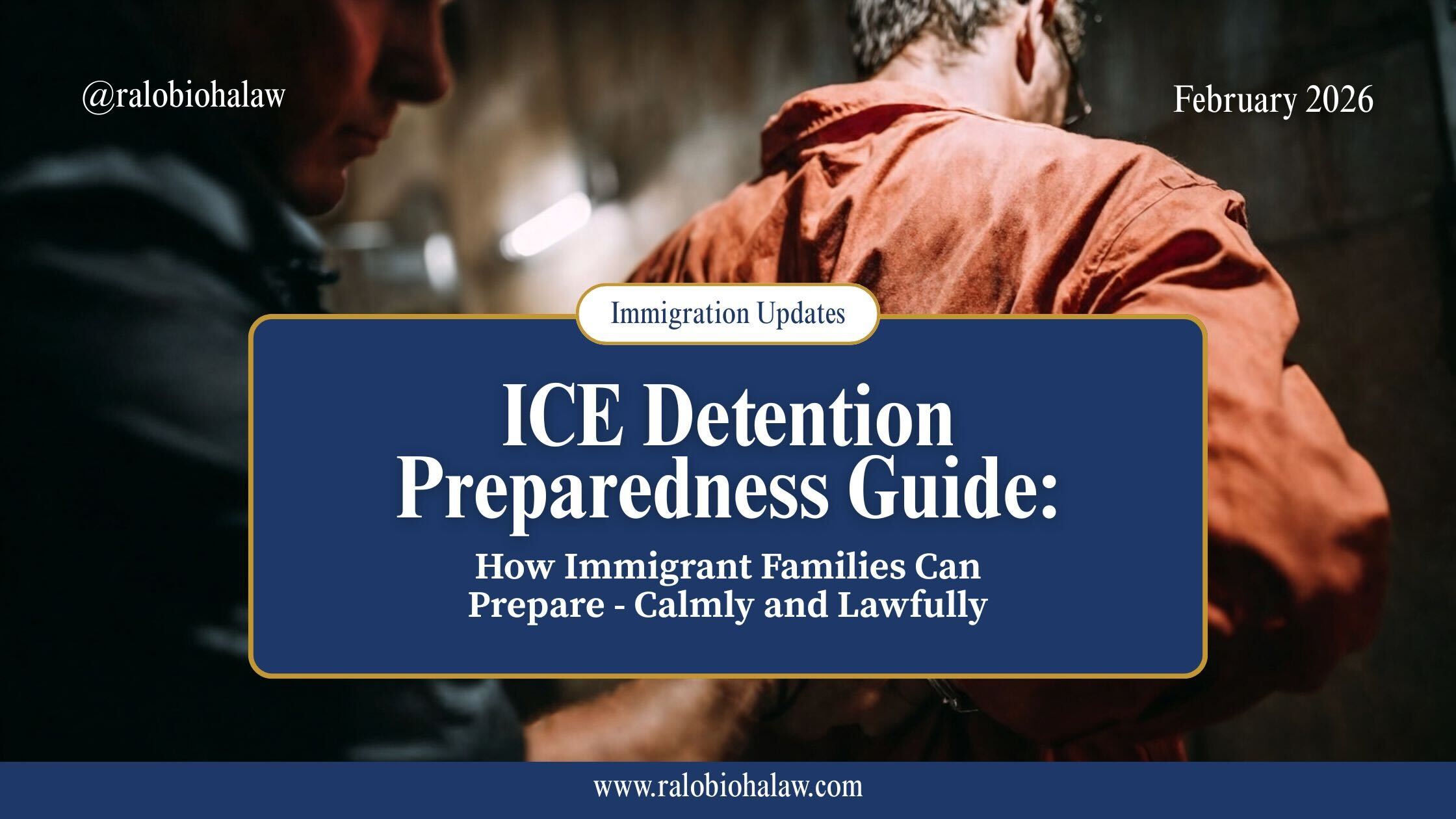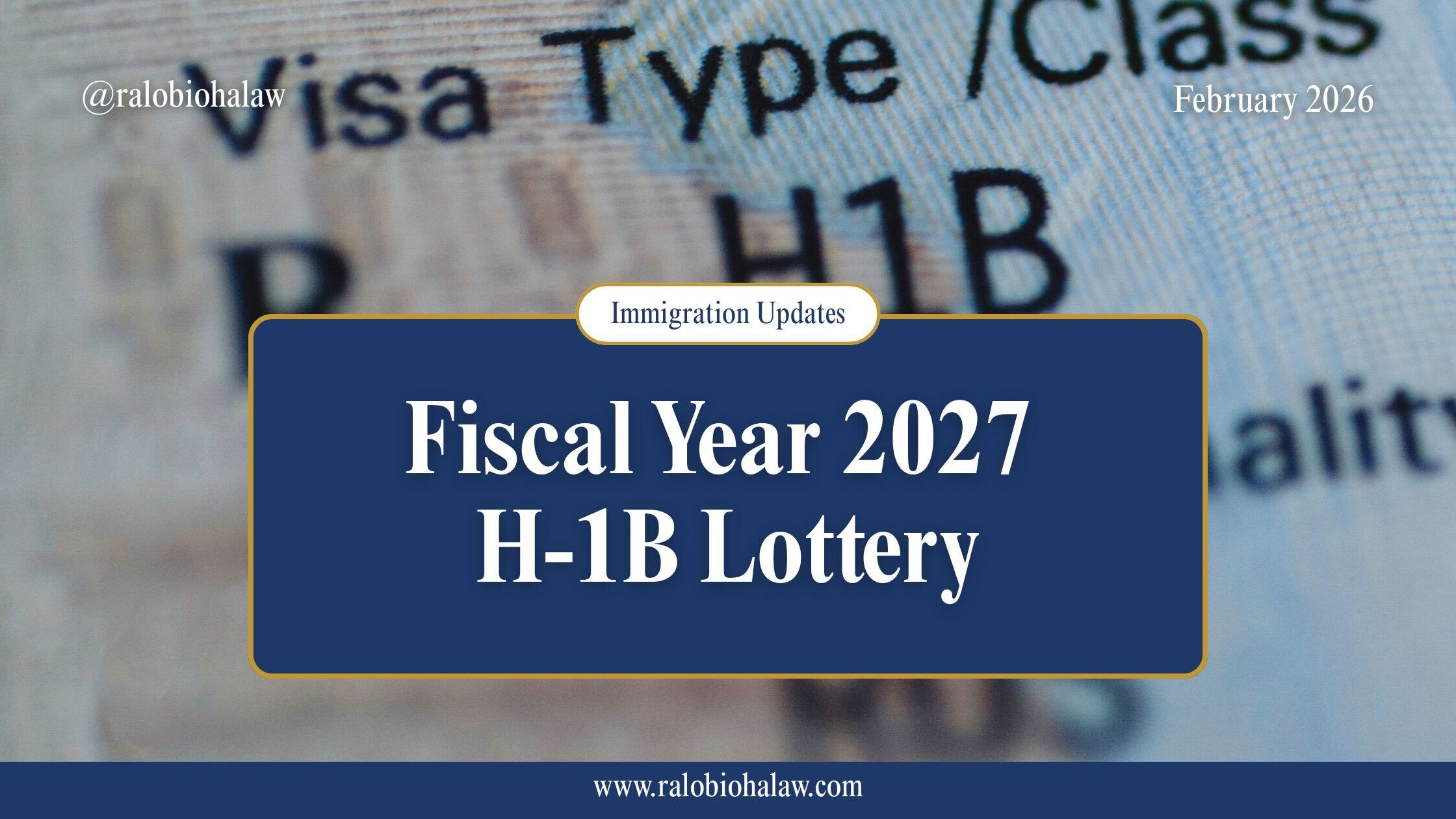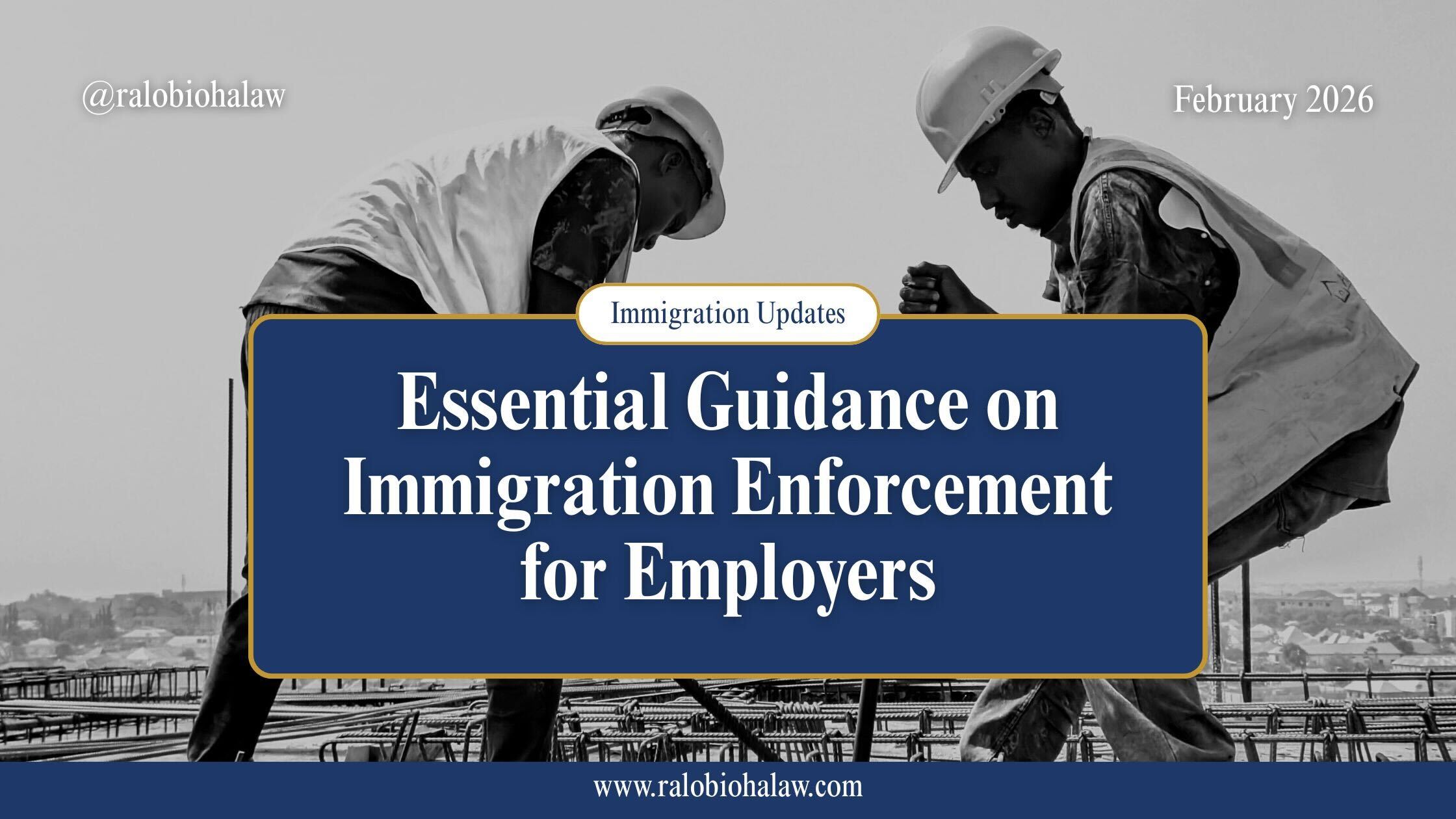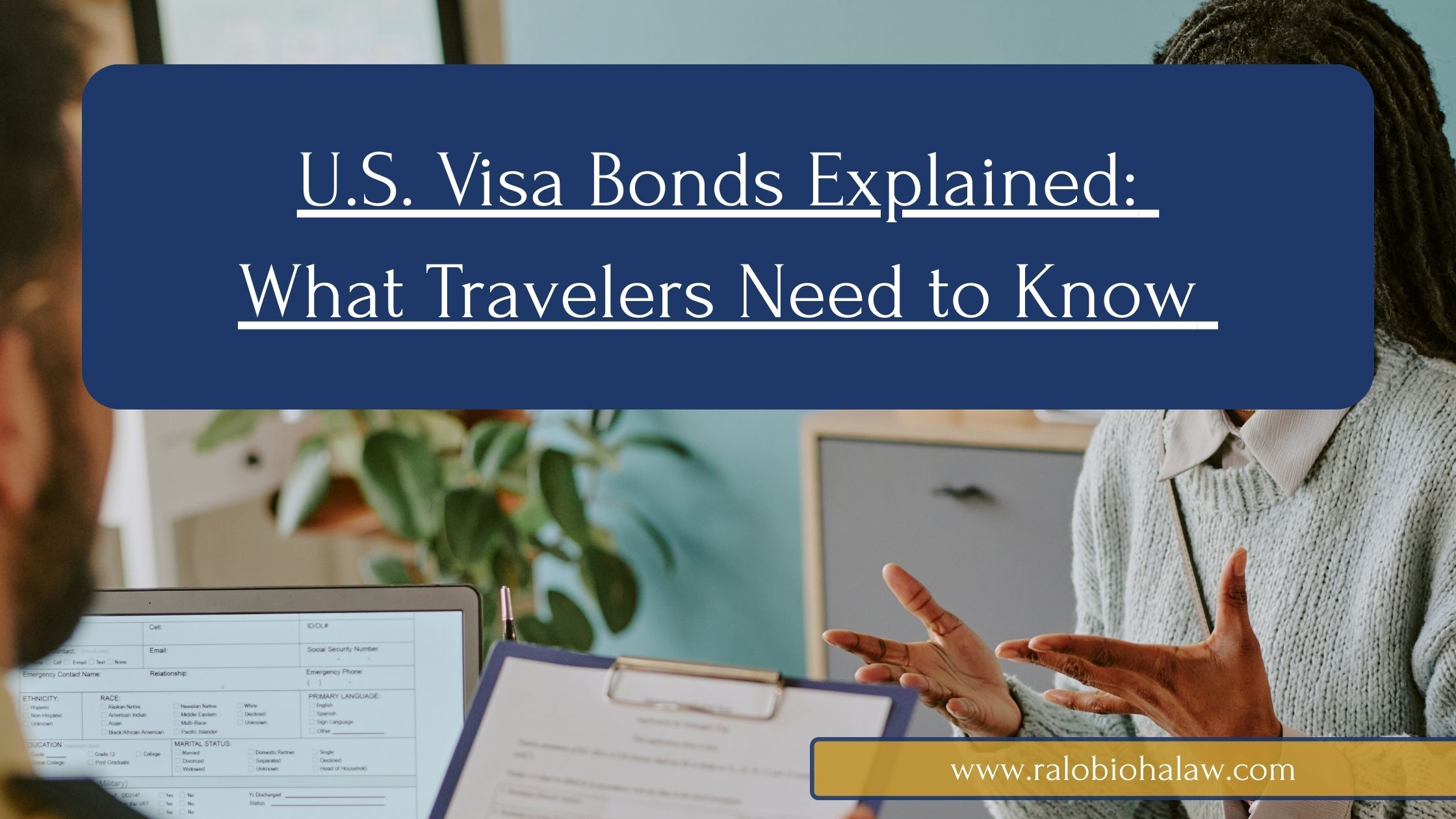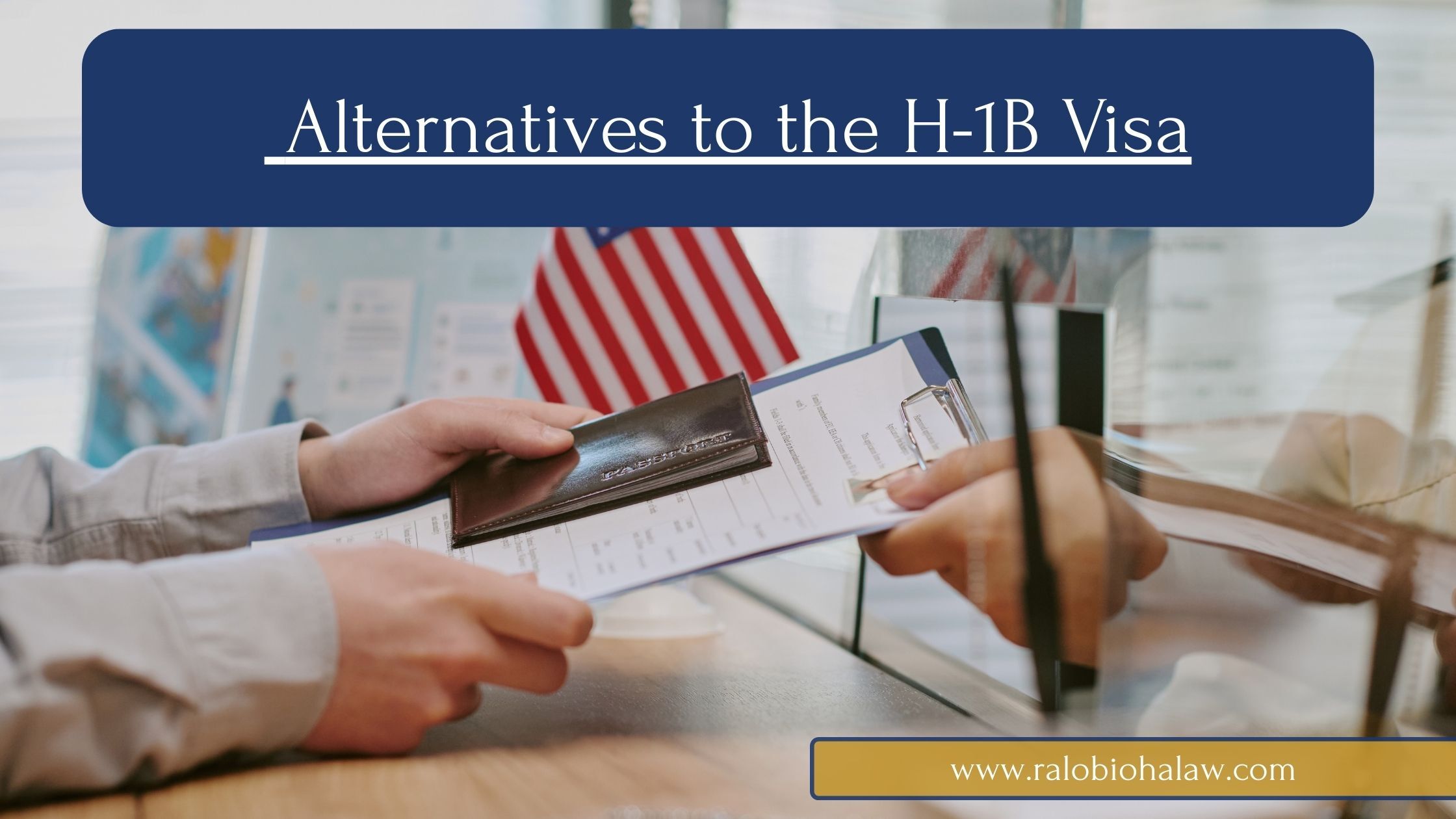Why the EB-1A Matters
For scientists, entrepreneurs, artists, and other high-achievers, the EB-1A offers a fast track to permanent residence without the usual labor-certification roadblocks. But “extraordinary ability” is a high bar, and U.S. Citizenship & Immigration Services (USCIS) applies rigorous, two-layered scrutiny to every petition. Below we break down those layers, explain the ten evidentiary categories, and share tips drawn from years of successful filings.
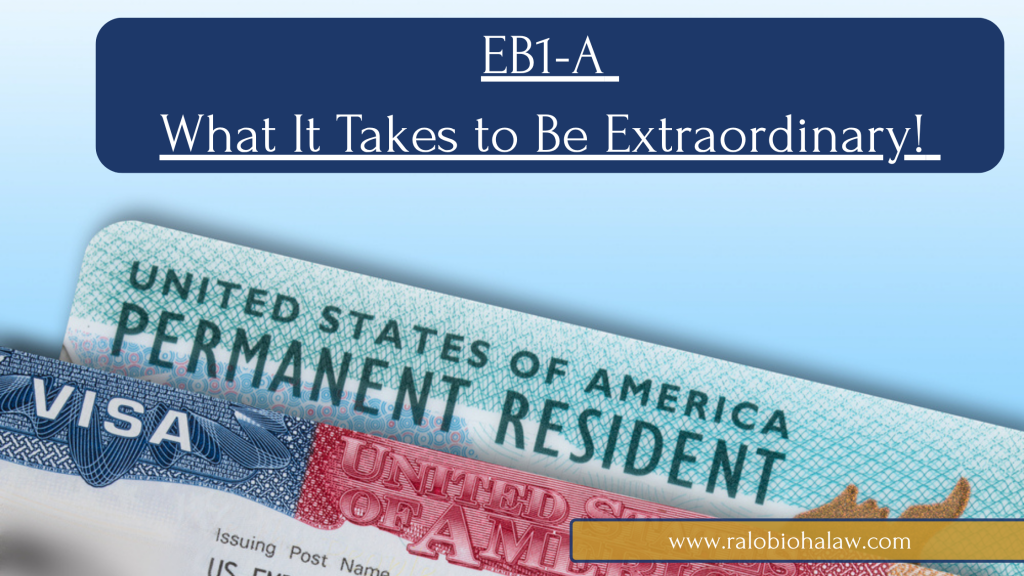
The Two-Tier Review Framework
| Tier | What USCIS Looks For | Key Takeaway |
| Tier 1: Initial Evidentiary Test | Do you intend to keep working in your field in the U.S., and have you either (a) won a one-time, internationally renowned prize or (b) met at least three of ten regulatory criteria? | Clear, well-organized documentation is essential; quantity alone will not carry the day. |
| Tier 2: Final Merits Determination | Does the totality of your evidence show (1) sustained national or international acclaim and (2) expertise placing you among the very top of your field? | Even after you clear Tier 1, USCIS can still deny if your overall narrative is weak or outdated. |
Tier 1 in Detail: Meeting the Baseline
Option 1:
Awards like the Nobel Prize or Pulitzer almost guarantee EB-1A approval.
Option 2:
You can skip the ten-point test entirely if you hold a singular honor like a Nobel Prize or Pulitzer. Everyone else must satisfy any three of the following regulatory categories (8 C.F.R. § 204.5(h)(3)):
- Prestigious—but not Nobel-level—awards
Show the award’s competitiveness, selection criteria, and scope. Student-only prizes rarely help. - Selective professional memberships
Think National Academy of Sciences, not pay-to-join associations. - Coverage in major media or trade journals
Provide full articles, translations, and circulation data. - Judging the work of others
Peer-reviewing manuscripts or sitting on high-level competition panels counts; local science fairs usually don’t. - Original contributions of major significance
Independent letters explaining how your work changed the field are gold. Patents help if they’re licensed or widely adopted. - Authorship of scholarly articles
Quality, impact, and citation counts matter more than sheer volume. - Artistic exhibitions or showcases
Primarily for visual and performing artists. - Leading or critical role in a distinguished organization
Back this up with organizational profiles and letters detailing your influence. - High salary or other significant remuneration
USCIS looks for pay packages that clearly outpace industry norms. - Commercial success in the performing arts
- Box-office receipts, streaming numbers, or sales reports demonstrate market impact.
If applicants fail to meet at least three criteria, their petition likely won’t proceed. But meeting this threshold triggers a deeper analysis at Tier Two.
Tier 2: The “Total Picture” Test
Passing Tier 1 is only halftime. Officers now ask:
- Is your acclaim ongoing? Awards and press from a decade ago may not suffice if you haven’t kept pace.
- Are you truly at the pinnacle? Letters, metrics, and third-party commentary should place you in the top few percent of peers worldwide.
This holistic review gives USCIS broad discretion; even strong cases can falter without a cohesive narrative.
Practical Tips for a Winning Petition
- Tell a Story, Don’t Dump Documents
Organize evidence thematically and show how each piece reinforces your career trajectory. - Use Independent Voices
Recommendation letters from unaffiliated experts carry far more weight than praise from current collaborators or supervisors. - Quantify Impact
Citation counts, implementation statistics, revenue figures, or policy adoptions translate abstract achievements into measurable value. - Keep Acclaim Current
Update media mentions, awards, and citation data right up to the filing date. - Link Your Work to U.S. Interests
- While not strictly required, demonstrating how your future projects benefit the United States often strengthens the narrative.
Common Pitfalls We See
- Over-reliance on salary alone without broader evidence of acclaim.
- Student-level or local awards presented as major honors.
- Boilerplate support letters lacking concrete examples of influence.
- Outdated accomplishments with no recent follow-through.
Avoid these, and your odds improve dramatically.
Final Thoughts
The EB-1A visa requires thorough preparation and a well-organized application. Approval standards have become stricter, with changes in adjudication approaches that necessitate careful legal planning and comprehensive documentation. Despite these developments, our firm continues to handle EB-1A applications for individuals in fields such as science, research, the arts, and business.
If you would like to determine if you meet the EB-1A criteria or need assistance assessing eligibility, our immigration attorneys can provide guidance throughout the application process.
Contact us for more information or an eligibility assessment regarding the EB-1A visa.
Warmly,
Ral Obioha, Esq. LLM
Principal Attorney
Ral Obioha Law, PLLC
www.ralobiohalaw.com
Let’s talk. We offer consultations to help you understand your options and take the right steps forward.
📧 Email Us: hello@ralobiohalaw.com
📞 Call: (713) 234-1100
Stay Connected:
Disclaimer: The information in this post is for educational purposes only and does not constitute legal advice. Consultation with qualified counsel is recommended for individual cases.

